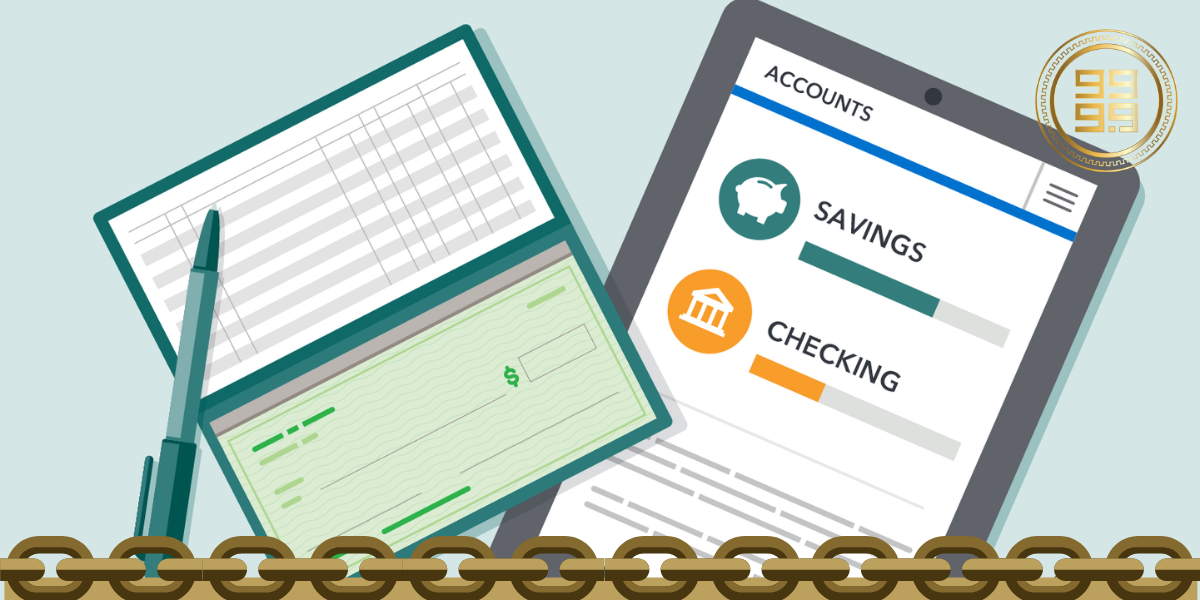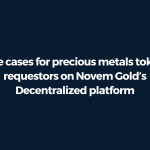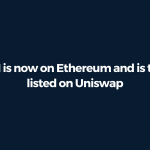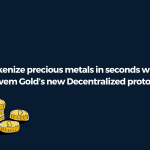
It is difficult to imagine but there are about 1.7 billion adults unbanked worldwide. They are people who have no accounts at financial institutions or through a mobile money provider. With the emergence of blockchain technology, many people believe that it may help the unbanked.
According to the FDIC study, there are several reasons why many households don’t have bank accounts. Some of them don’t have access to any financial institution in the place where they live. Others may not have adequate access to financial services even having a bank account. Such kind of people is called underbanked. Besides, some people don’t have enough money to keep in an account with account fees being too high and unpredictable. For instance, in the third world countries, most banks do not want to extend credit to the underbanked. Even when they do, they charge very high-interest rates to compensate for the risk. Obviously, the unbanked and underbanked population constitute a massive market that existing institutions can’t serve well.
What Can Help Solve the Problem?
Blockchain can help the unbanked and underbanked people enabling them to have financial alternatives in an efficient, transparent, and easy way.
▪️ Efficiency
Blockchain may be a better alternative for unbanked because it offers more efficient technology that global payments. While Western Union, PayPal, and international bank transfers are expensive, long, and require accounts, blockchain do payments within minutes with minimal transaction fees and don’t need bank accounts.
▪️ Digital Identity
For many people in third-world countries, proving their identity may pose a big problem. With blockchain, individuals can get a digital identity for use in their banking. Making remittances easy and efficient, blockchain allows low-income individuals in different countries to save and lend without ID.
▪️ Cryptocurrency
Unbanked populations with their own currency don’t really take part in the world economy since they either can’t change their local currency or it is nearly worthless in the real world. With cryptocurrencies, they can receive a payment worth the work they do. There are several methods for this. For example, people can tokenize their assets (it can be anything they grow or make) and sell it or exchange on the other crypto of the same value. Also, the employer can pay his workers in crypto, enabling them to take part in the world of digital money.
Blockchain offers a More Financially Inclusive Future
Simple things like savings or getting a loan is difficult for people who don’t have access to the bank account or have limited usage options. These unbanked and underbanked individuals constitute a large market ready to adopt revolutionary financial solutions outside of the traditional banking system. Blockchain provides an easy, secure, and transparent way to serve the needs of these customers.






